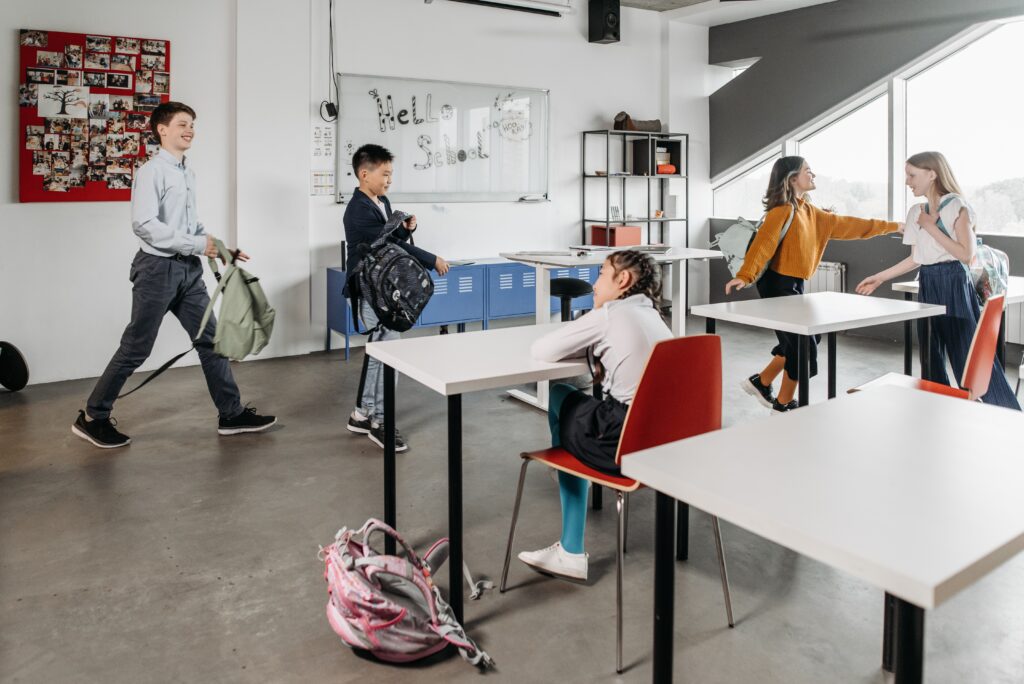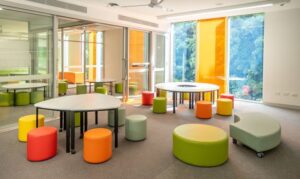Why does a child need early education for a brighter future?

They spend big bucks to ensure that the child has a good learning environment, then why do some parents forget the importance of early child education?
Every parent wants their child to thrive academically and professionally. They spend big bucks to ensure that the child has a good learning environment, then why do some parents forget the importance of early child education? This foundation forming education can be obtained from any child care centre, pre-school, or professional agency before the child is old enough to join kindergarten.
Before you learn how beneficial a child’s early education is for their future, many parents need to understand what it is. From the age of 3, a toddler is very likely to learn behaviors and practices that long last and form their personality and habits in the future. This stage is crucial for developing their primitive skills and setting a solid foundation for their academic and personal life. Children are most sensitive to any stimulant that shapes their language, emotions, and motor skills during these early years.
Early child education deals with giving this developmental growth the right path to reach their potential in the future. This type of education isn’t heavily academic and focuses on nurturing the child and teaching them essential life skills that would help them excel in their elementary school years.
Here are some of the reasons why early child education is so vital for your toddler’s well-being:
Easier path to success
Research has proven that children with at least one year of early education experience are more likely to succeed in school and not drop out. According to a 40-year-long survey, it was found that most adults who had attended pre-school were on successful career paths. In contrast, the ones that received an education without attending one were more likely to be unemployed.
A better understanding of social cues
Through the stimulation of the brain’s neural pathway, children learn social skills and ways to express themselves while interacting with their teachers and peers. They know how to be more cooperative and improve at tasks like eating, reading, and brushing in an unfamiliar setting.
Stronger skill-building abilities
Fun activities make children more likely to form cognitive, memory, linguistics, and numeracy. It is proven that children exposed to STEM subjects through fun learning experiences do well in those areas in later years. They also form a routine to learn to recognize and take charge of their daily chores. It is also said that busy children make better students. Even if they keep fidgeting with a learning aid, they are taking in new experiences that are helping them grow.
Good at co-learning with peers
When a child is exposed to many new faces, he learns to co-exist with them in their way. You must have known children to cry and miss their parents during the first few days of school because those are the only familiar faces that provide them with safety and comfort. If they learn the concept of friendship and co-learning with people their age, they are more likely to establish positive relationships with everyone around them.
Boost self-confidence and image
How you nurture a child plays an essential role in what kind of personality they might have in the future. With early childhood education, these young minds get a chance to understand the concept of feedback and create a sense of self. They find creative ways of self-expression that help them shape their identity and boost their confidence in any educational setting. As they form new relationships and are challenged out of their comfort zones, they learn how to navigate their feelings towards themselves and communicate in case of difficulties.
A closer relationship with parents and teachers
One of the things that are important for a good quality early child education is a positive partnership between the teachers and parents. They need to strengthen their interpersonal relationship so that the child can observe them and learn. This allows the child to build trust and be active in a social setting.



